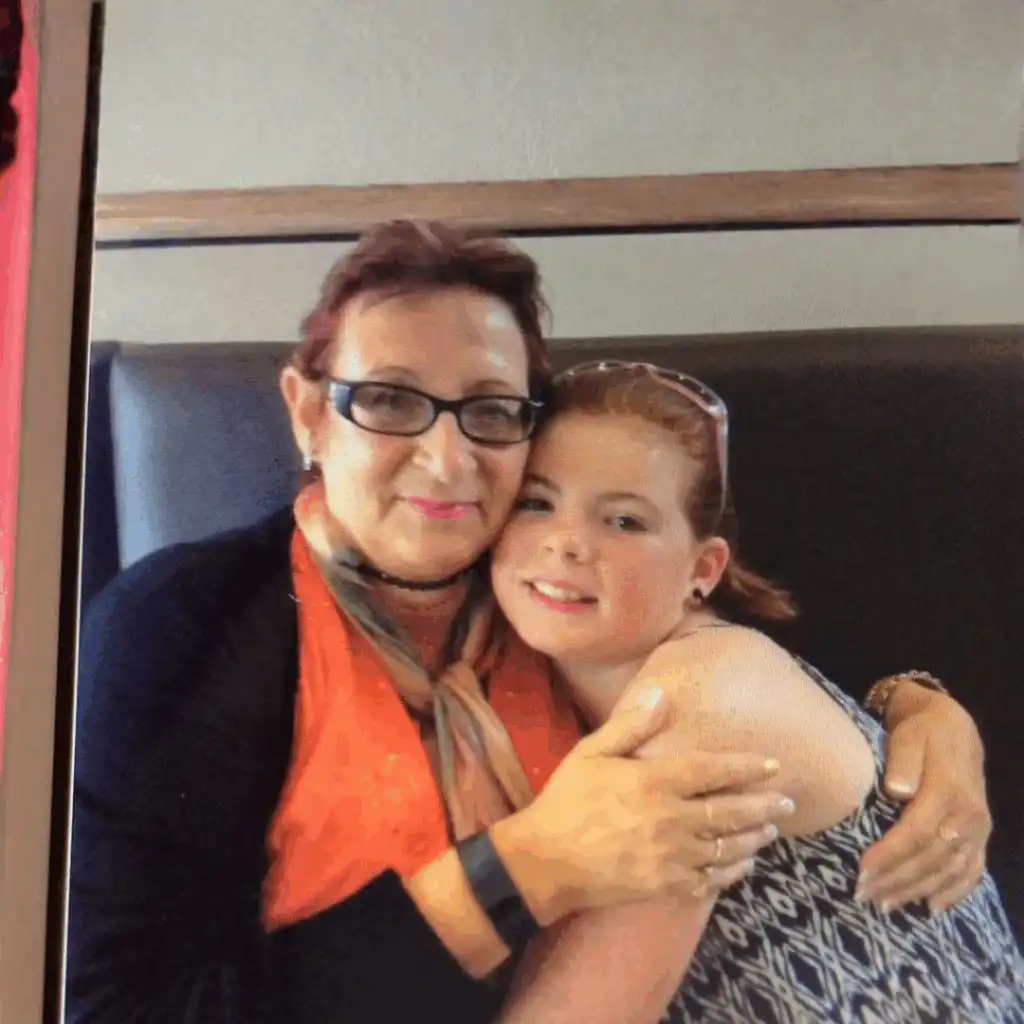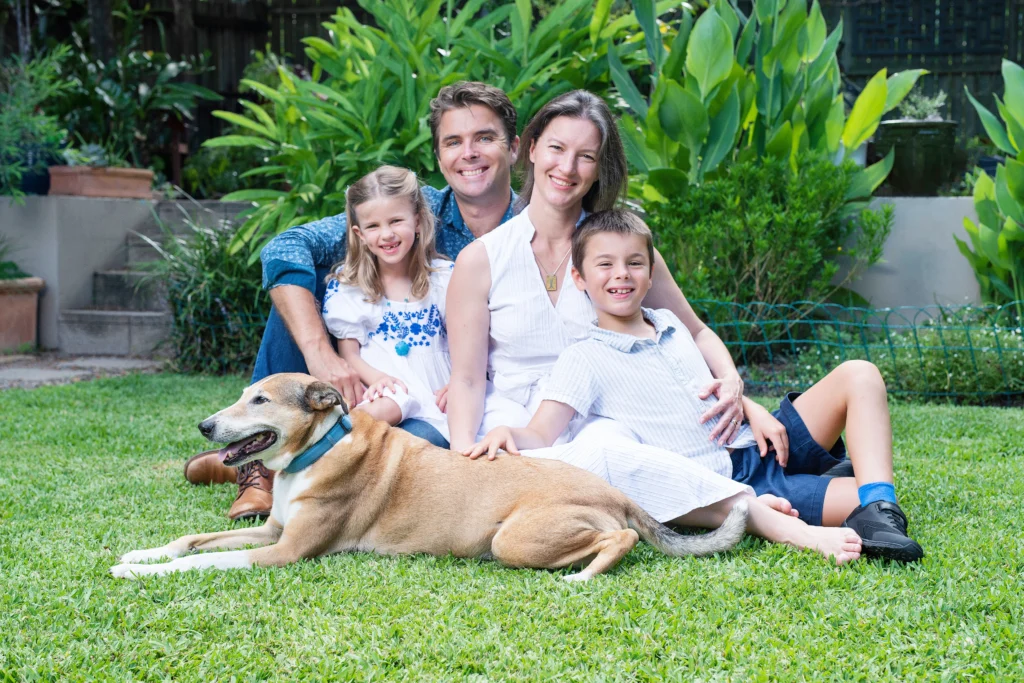The addition of the partner-carer role to a couples’ relationship can cause even the most stable of unions to become wobbly. Not all partnerships are “fairytale happy” and supportive; and if your relationship is already stressed, the addition of a partner-carer role will likely add to challenges you already face.
Role changes
Not all relationships undergo role changes when one of the couple is diagnosed with a lung condition but for chronic and life-limiting lung diseases, especially those that strike later in life, role changes can be confronting. In households with clear role delineation, set chores, responsibilities and rigid images of self, it can be especially difficult.
When someone living with a lung condition has a career or job where they feel respected, in charge and work long hours, they may find it difficult to consider the prospect of retiring early or reducing their hours. Alternatively, a person who has kept house, cooked, cleaned and been the nurturing “heart and soul” of a family may find it difficult to relinquish these tasks and be cared for themselves.
If you are in the partner-carer role and don’t know how to start the lawn mower, watching the lawn grow higher can be distressing. Not only is it distressing for the person who has never had to do this household chore, but it can act as a stark reminder to the person with the lung condition that they are no longer able to do “even the simple things”.
Many people derive much of their self-esteem from their work and activities; and when this is taken away, their mental health can suffer. It is a good idea to discuss the possible need to change some of the roles and responsibilities in the relationship to accommodate for changing health status. Discussing these things in advance and keeping the lines of communication open can help to ease the transition.
Your relationship changes. Suddenly you both have a lack of energy to deal with everything. It’s important to focus on the relationship and consider early on how it might change and work together to protect it.
Anonymous, living with lung cancer.
Restrictions and missing out
Depending upon your loved one’s lung condition and where they are in their progression, it will eventually become more difficult for them to do everything they used to do and want to do. Family and friends will issue invitations to different gatherings and events. Sometimes your loved one may attend but there will be times when they won’t be able to accept due to their health limitations.
This can be particularly hard on the partner-carer: you might feel torn. Do you stay home with your loved one or accept the invitation? There is no easy answer. Each time this question comes up, you will have to assess the situation and each time, the answer might be different. Sometimes you will accept the invitation, sometimes you won’t and sometimes you will accept, then have to cancel at the last minute.
For family and friends, the uncertainty and unpredictability can be difficult and it might even test relationships. Educating family and friends on the lung condition and keeping them “in the loop” will go a long way towards having them accept and accommodate the needs of you and your loved one.
Finding creative ways to not always miss out can help you both to feel like you are maintaining valuable connections with your circle of family and friends. If you have often hosted dinners or family barbeques yet the stress associated with this now makes it difficult, try asking everyone to bring a plate and to stay around to help clean up. You might be surprised how accepting and willing to help friends and family can be when asked.
Remember me? I’m your spouse!
The time and stress associated with added responsibilities of being a partner-carer can significantly strain relationships. Finding ways to spend quality time together as a couple is an important step in making sure the relationship remains stable and fulfilling.
The time and stress associated with added responsibilities of being a partner-carer can significantly strain relationships. Finding ways to spend quality time together as a couple is an important step in making sure the relationship remains stable and fulfilling.

Finding a minimum of 20 minutes each day, free from distractions and solely focused on each other, is a great way to keep relationships strong. Talk about things other than children and household chores; talk about the things that help each of you feel heard, understood and valued. Keep an interest in your own and each other’s thoughts and hopes. Along with talking, doing other things you both enjoy is fundamental to staying engaged with each other.
“Every night I check in with my wife and ask if there is anything she wants to talk about, so things don’t build up through her looking after me.”
Anonymous, living with bronchiectasis.
If you notice that things are becoming tense with your partner, it might be time for some tips and strategies from a relationship therapist before irreparable damage is done.
Are you looking for more information about caring for your mental health and wellbeing?
Was this page helpful?
Good job! Please give your positive feedback
How could we improve this post? Please Help us.



